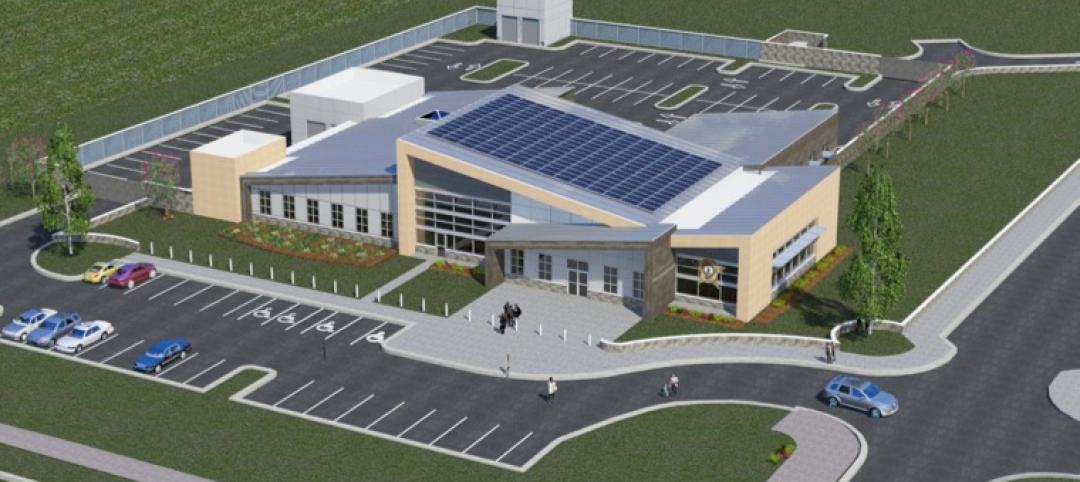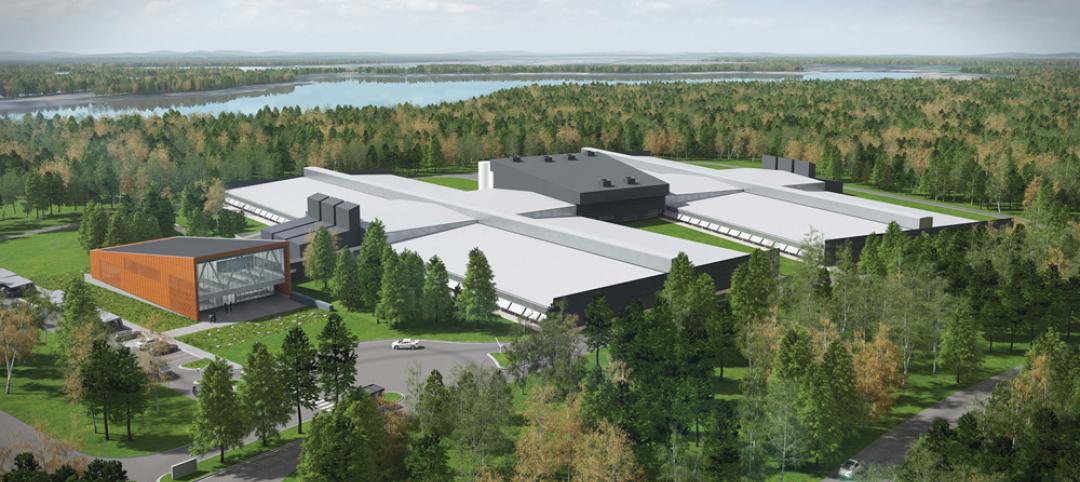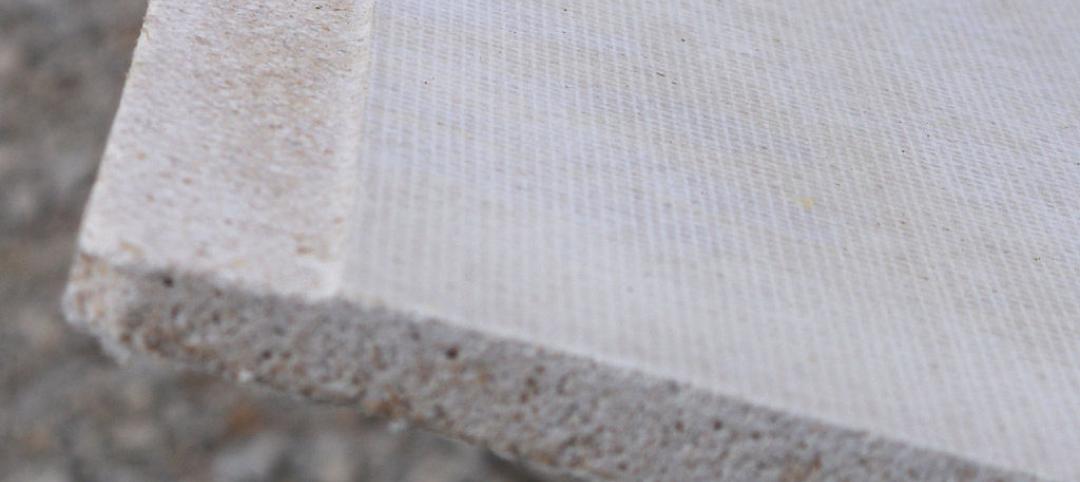Energy efficiency upgrades in multifamily properties offer benefits to residents including lower utility bills, but some of the materials used in these projects to better insulate buildings can create health hazards.
A new report by Energy Efficiency for All (EEFA)—Making Affordable Multifamily Housing More Energy Efficient: A Guide to Healthier Upgrade Materials—offers a comprehensive guide for builders and policymakers in the use of readily available, healthier insulation and sealing materials. It includes policy frameworks to accelerate these materials’ adoption and improve air quality.
Currently, contractors and building owners are most focused on boosting efficiency performance levels of insulation and air sealing specifications with less consideration for the potential air quality impact of materials such as spray foam and modified polymer and polyurethane sealants. These materials commonly contain isocyanates, flame retardants, and phthalates that have been linked to health problems.
There are opportunities to promote healthier retrofit materials through green standards, but a broad industry discussion is needed to build consensus around a common approach, according to an article at the Natural Resources Defense Council. The Low-Income Housing Tax Credit, the most common financing source for building, renovating, and retrofitting affordable multifamily housing, for example, is a key driver in materials decisions. It could be used to promote the use of healthier insulating materials.
Related Stories
| Aug 14, 2014
2014 National Electrical Code now effective in 12 states; 11 more to come online by January
The National Fire Protection Association (NFPA) says that the 2014 edition of the National Electrical Code(NEC) is now effective in 12 states: Alabama, Colorado, Idaho, Maine, Massachusetts, Minnesota, New Mexico, Rhode Island, South Dakota, Vermont, Washington and Wyoming.
| Aug 14, 2014
CDC report highlights need for heat acclimatization to prevent worker deaths
CDC supports OSHA’s analysis suggesting that the primary risk factor for heat fatalities is the lack of acclimatization programs.
| Aug 8, 2014
California revives study of earthquake faults
California reinstituted an ambitious plan to study dangerous earthquake faults and create zoning maps that could restrict development.
| Aug 6, 2014
Loudoun County, Virginia may dump green building requirements
Loudoun County, Va., supervisors may do away with a county policy that requires LEED Silver certification on new county buildings.
| Aug 6, 2014
$300 million mixed-use project in Chicago’s medical district wins key approval
The Illinois Medical District Commission approved a 1.16 million-sf, $300 million mixed-use project in Chicago’s Illinois Medical District.
| Aug 4, 2014
Facebook’s prefab data center concept aims to slash construction time in half
Less than a year after opening its ultra-green, hydropowered data center facility in Luleå, Sweden, Facebook is back at it in Mother Svea with yet another novel approach to data center design.
| Jul 31, 2014
LEED Dynamic Plaque gives owners and tenants ability to monitor building performance
The LEED Dynamic Plaque could aid certified buildings in maintaining performance with up-to-date information about water and energy use, waste reduction efforts, occupant experience, and other green performance categories.
| Jul 31, 2014
Gypsum Association releases updates to wallboard repair standards
The Gypsum Association released updates to both GA-221 Repair of Joint Ridging and GA-222 Repairing Screw or Nail Pops standards publications.
| Jul 31, 2014
Cambridge, Mass., is latest locale to require energy usage disclosure
The City Council of Cambridge, Mass., approved the Building Energy Usage and Disclosure Ordinance (BEUDO) that requires benchmarking and disclosure of building energy performance for large commercial, institutional, and multifamily buildings.
| Jul 31, 2014
Stalled $1.5 billion Miami mixed-use redevelopment project advances
A long-delayed $1.5 billion mixed-use development in Miami moved ahead after city planners approved the project’s first phase.















